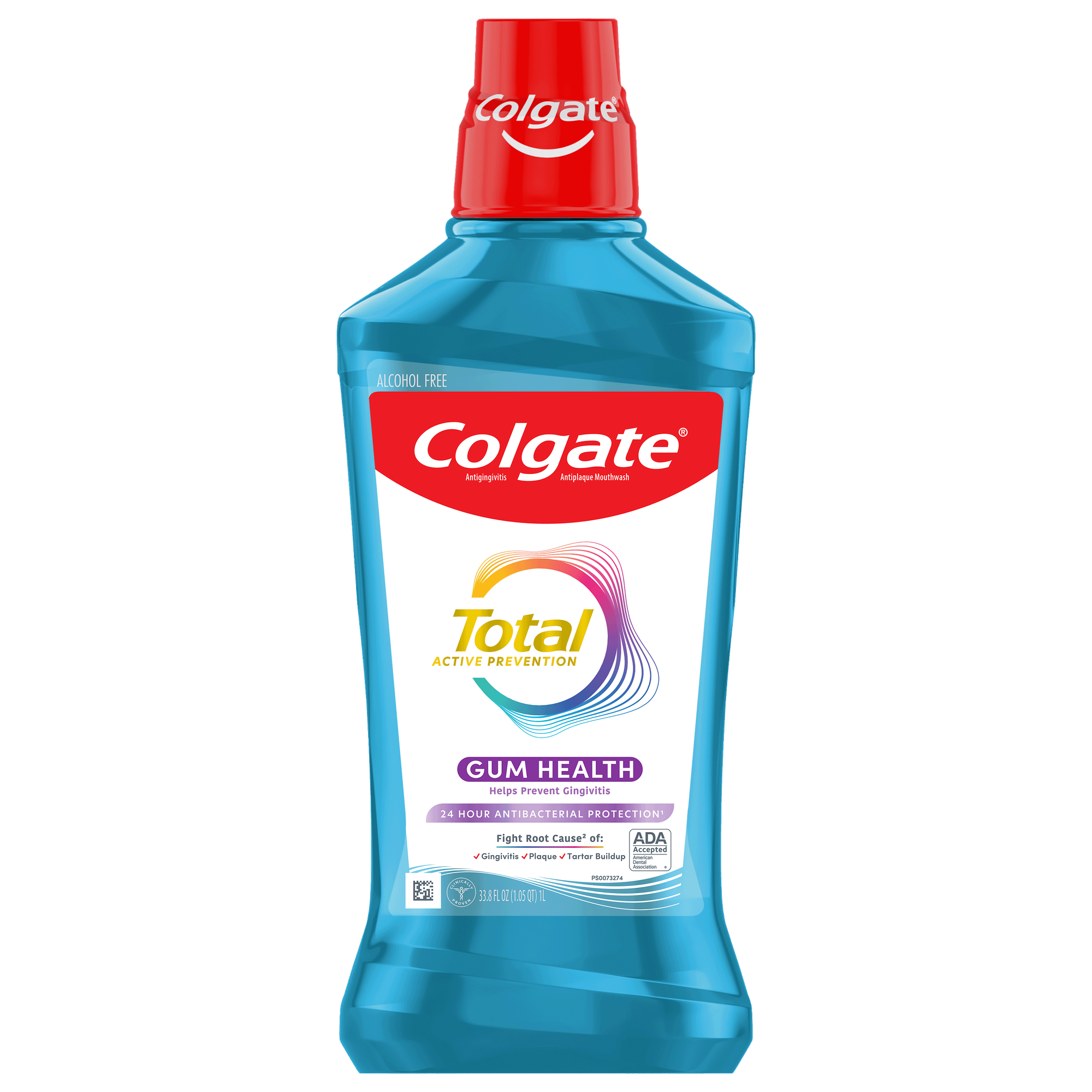How Food Accumulates in Dentures
Food particles collect on your dentures every time you eat, for several reasons:
- The food that drifts to the floor of your mouth can land and become trapped under a lower denture.
- Debris that gets pushed backward and upward as you chew and swallow may wind up in between your palate and the upper denture.
- Food sticks to rough plastic surface of dentures far more easily than it does to oral tissues, which allows it to build up over time.
Dentures take up a fair amount of space in the mouth, though, which means you are much more likely to feel food remnants collecting underneath them than someone with natural teeth.
How Problems Arise from This Buildup
Food particles stick to certain areas of the denture more than others, and if they aren't removed frequently, they can lead to a variety of oral problems. According to RDH Magazine, bad breath is a common concern among 87 percent of denture-wearers. And when food accumulating in the mouth, it can turn rancid in a matter of hours. To determine whether your dentures are affecting your breath, consider placing your dentures in a sealed, plastic sandwich bag for five minutes. When you unseal the bag, you'll get an idea of whether your halitosis is caused by your dentures.
Inflammation of oral tissue is another legitimate complication. When tough-to-remove particles collect and build up on a section of the dentures that is in contact with your mouth, the bacteria that feed on this leftover food can transfer to the gums and tissues – causing infection. Unchecked, the resulting inflammation may develop into periodontal gum disease or mouth sores related to denture stomatitis, which Dental Health suggests can appear at the corners of the lips.
Various studies reported by the American Academy of Family Physicians (AAFP) have also shown a connection between poor oral health and chronic diseases such as diabetes, heart disease and rheumatology. This makes it essential that you know how to clean dentures effectively, regardless of the type of denture for which you're fitted.
How to Clean Off Dentures
In addition to your regular daily brushing, it's necessary to use a deep-cleaning solution periodically to soak off food deposits from the denture. These solutions typically come in the form of effervescent tablets, which are specifically formulated to clean dentures.
Avoid using abrasive materials such as brushes with stiff bristles, whitening toothpastes or products containing bleach, according to Mayo Clinic, because these can damage the dentures. Also keep in mind that hot or boiling water can warp your dentures, and soaking items that have metal fittings in any solution containing chlorine can cause the metal to tarnish.
After soaking, check the inside of the denture for any remaining food particles, and brush or scrub using a soft-bristled toothbrush whose shape is conducive to denture care.
Ultimately, ensure that you rinse the dentures exceptionally well afterward; even the gentlest cleansing solution can contain chemicals that are harmful to your mouth's natural tissues.
Just because you wear dentures doesn't mean you can't enjoy the pleasure of freshly-brushed teeth. Complete your denture-cleaning procedure with a thorough brushing of your gums using a soft-bristled toothbrush and everyday, fluoridated toothpaste. If you notice any mouth sores, rinsing with a mouth sore rinse will help to heal them and protect against bacteria in the long term.
This article is intended to promote understanding of and knowledge about general oral health topics. It is not intended to be a substitute for professional advice, diagnosis or treatment. Always seek the advice of your dentist or other qualified healthcare provider with any questions you may have regarding a medical condition or treatment.
ORAL HEALTH QUIZ
What's behind your smile?
Take our Oral Health assessment to get the most from your oral care routine
ORAL HEALTH QUIZ
What's behind your smile?
Take our Oral Health assessment to get the most from your oral care routine















